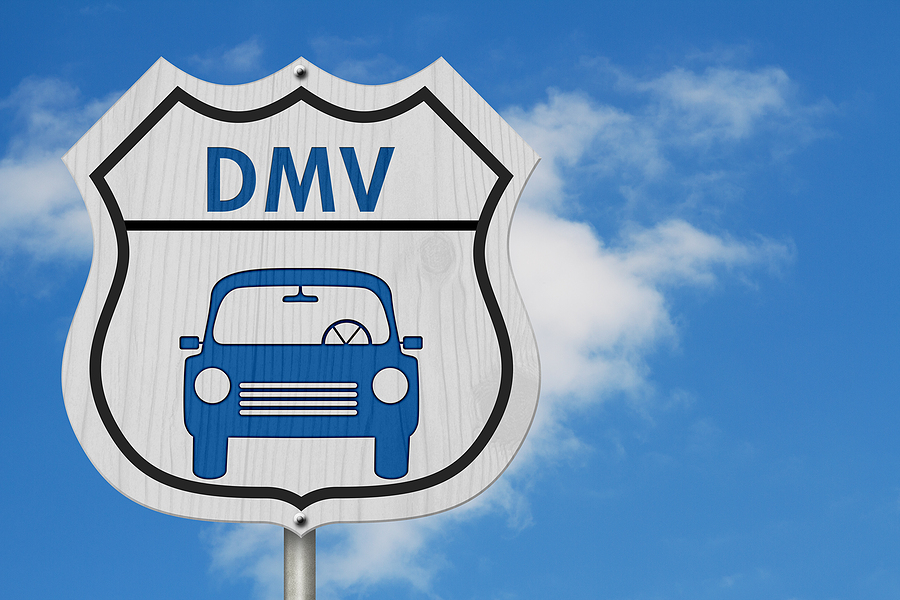Typically speaking, the Canada Revenue Agency (CRA) is less likely to investigate or prosecute individuals or corporations who make full voluntary disclosures; however, this doesn’t guarantee immunity or relief from prosecution.
To qualify for the Voluntary Disclosure Program of Canada Revenue Agency, a full submission is necessary – this means declaring all unreported foreign accounts, investments and income.
- It Relieves You From Penalties
Voluntary disclosure programs often allow companies with state tax issues to come into compliance more cost effectively than going through the standard registration process.
VDP will also limit the look-back period, helping avoid future tax problems and audit risk for private companies with longer look-back periods. This feature of the VDP is particularly advantageous to ensure tax compliance with respect to future audits by the IRS.
VDPs allow companies to bring their affairs under control before the statute of limitations runs out, protecting them from incurring penalties in the future if their unreported income is discovered. However, VDPs will be ineffective if someone owned by the company earned illegally in the past and stored it offshore without reporting. Such activity constitutes money laundering which is considered a serious crime.
- It Reduces Your Taxes
Although both IRS programs – the Streamlined Filing Compliance Procedures and Voluntary Disclosure Program (VDP) – may seem similar, they each serve different functions. While VDP doesn’t grant waivers of taxes due, the former does.
By entering into this program, you agree to pay all past-due taxes and interest, along with an “miscellaneous” penalty of up to 27.5 percent of the highest aggregate balance of undisclosed foreign accounts over six years. As long as you comply fully and completely with this plan, however, the US Government typically will refrain from initiating criminal or special agent investigations into past noncompliance issues.
However, you should keep in mind that VDP does not guarantee immunity from prosecution. Unfortunately, the IRS has limited resources and therefore does not have time or money to pursue every tax-related crime committed by individuals or companies. With VDP however, they will review your case and determine an equitable penalty structure according to individual circumstances.
- It Saves You Money
Voluntary disclosure allows taxpayers to enter into an arrangement in good faith to pay all back taxes and any fines and penalties due to errors committed over prior years. Doing this may significantly decrease the chances of criminal prosecution; with limited resources at its disposal, the IRS simply doesn’t have time or money to pursue every instance of tax crime that was made in prior years.
Even if the IRS decides not to recommend prosecution, this does not ensure you won’t face criminal investigation in the future. However, due to both original OVDP and new streamlined program options being made available to taxpayers more quickly when they come forward early with their cases, chances of further IRS scrutiny decrease significantly if you come forward promptly with them.
Kevin E Thorn of Boston is well known for successfully resolving complex civil and criminal tax matters for small to mid-sized businesses, CEO’s, CPA’s, professional athletes, celebrities, investors, banks, foreign foundations, insurance companies, cryptocurrency holders and high-net-worth individuals from almost every state and several foreign countries worldwide. He has represented clients from virtually every state as well as numerous countries around the globe.
- It Saves You Time
Voluntary disclosure can save time. For business owners who realize they should have been collecting sales tax in one state since years ago, entering a VDA can quickly restore your financial health by showing that any previous mistakes weren’t intentional attempts at tax avoidance.
VDAs tend to be much quicker and less time-consuming than audits, with some states offering look-back periods as limited, waive penalties during review process, refund late filing fees or even protect from criminal prosecution if noncompliance exists.
Through the voluntary disclosure program under income tax, individuals and businesses can alleviate their tax worries and avoid severe penalties. By coming forward and disclosing unreported income оr assets, taxpayers can limit their exposure tо audit risk and potential prosecution.
Image Source: BigStockPhoto.com (Licensed)
Related Categories: Money, Reviews








